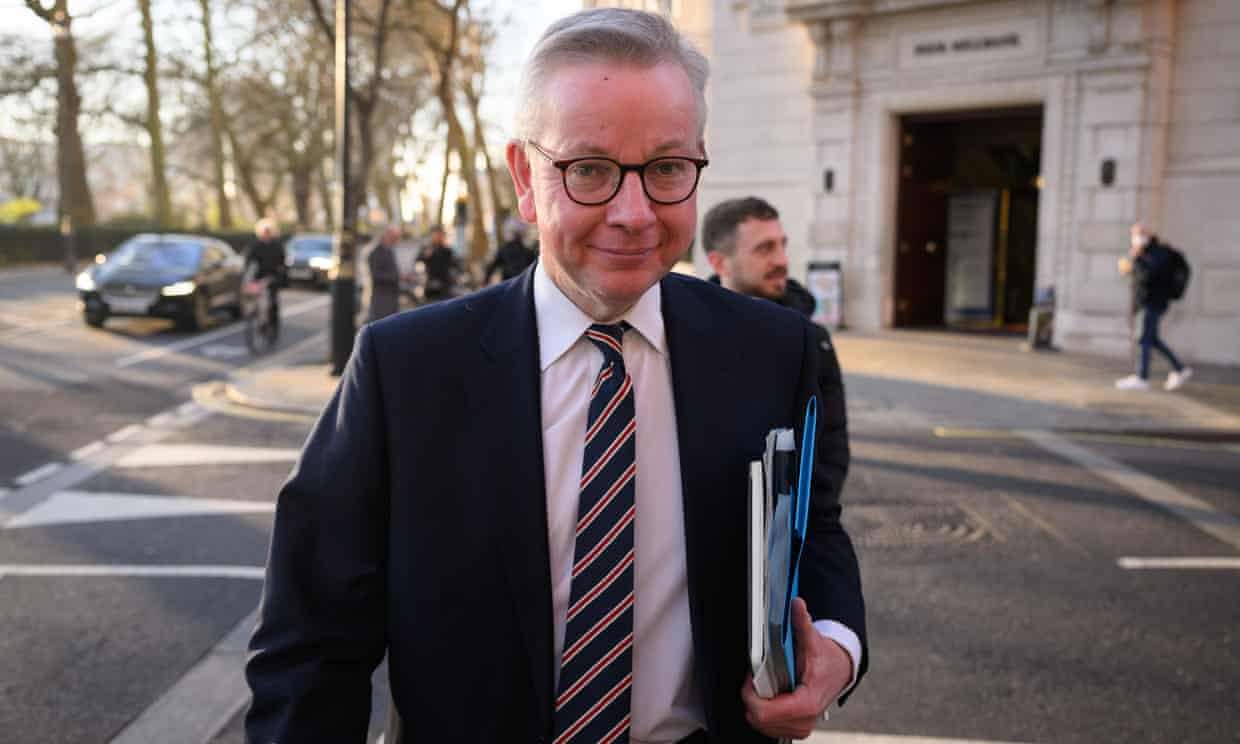What levelling up? Councils forced into tax rises and drastic service cuts
Levelling up secretary Michael Gove last week unveiled the government’s long-delayed plans to address regional and social inequalities, but cash-strapped councils across England are having to plan heavy cuts to frontline services after more than a decade of ongoing austerity. Recent funding increases have not undone £15bn of cuts in central government grants to local authorities between 2010 and 2020, and councils wrestling with the impact of Covid are set to pass a succession of savings measures plus widespread council tax increases. Several local authorities are facing votes on service cuts in the coming weeks.
Nottingham is planning cuts to youth services, with all play schemes axed and a move toward targeted rather than universal provision. Its Early Help service would see a reduction in staffing and early intervention for families. Funding for its Base 51 youth centre, which provides services including counselling and crisis support, would be axed. Six of the city’s nine children’s centres would close from 2023.
Sandwell in the West Midlands is reviewing the respite support it provides, to allow unpaid carers such as family members a much-needed break while the person they care for is looked after by someone else. Sandwell plans to halve this from 56 days a year to 28, which the council admits “will reduce the level of service offered”. It is also planning to increase the amount adult care users pay for non-residential care.

Kent is planning to cut more than £2m from subsidised bus services, with some contracts potentially terminating. The cost of a school bus discount pass will rise by £80 a year, and by £30 for children receiving free school meals. The council is also planning to cut travel concessions for those accompanying disabled people.